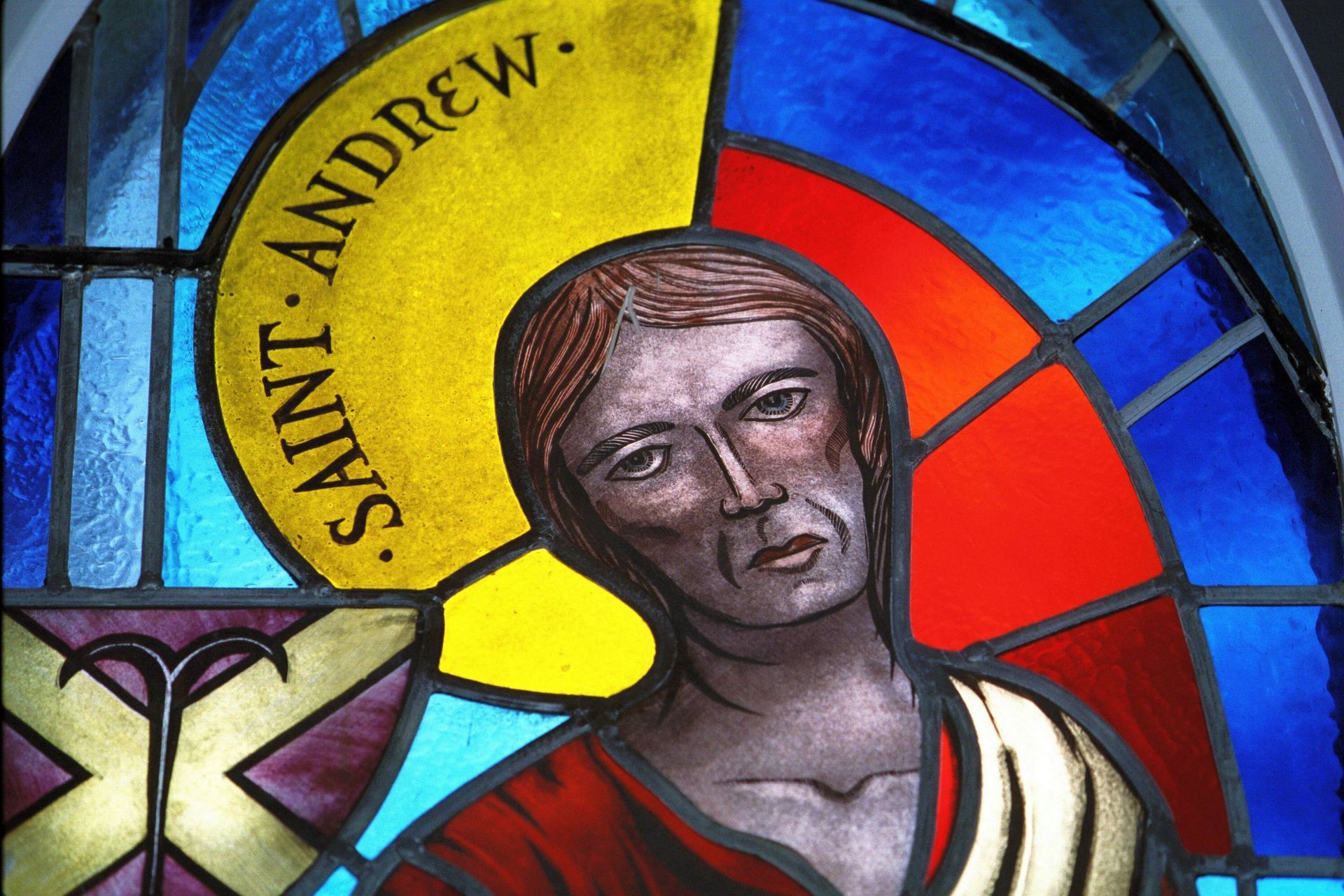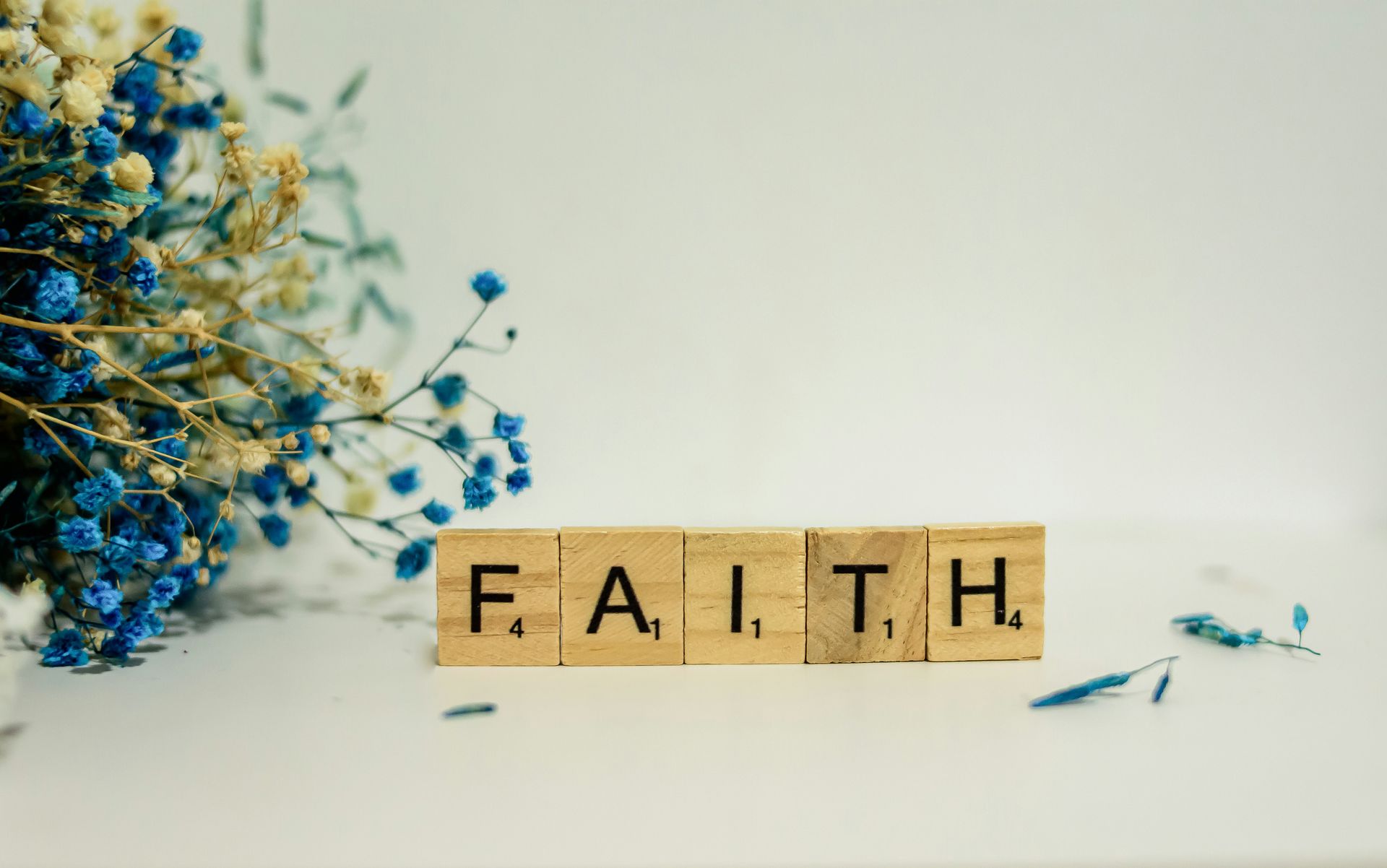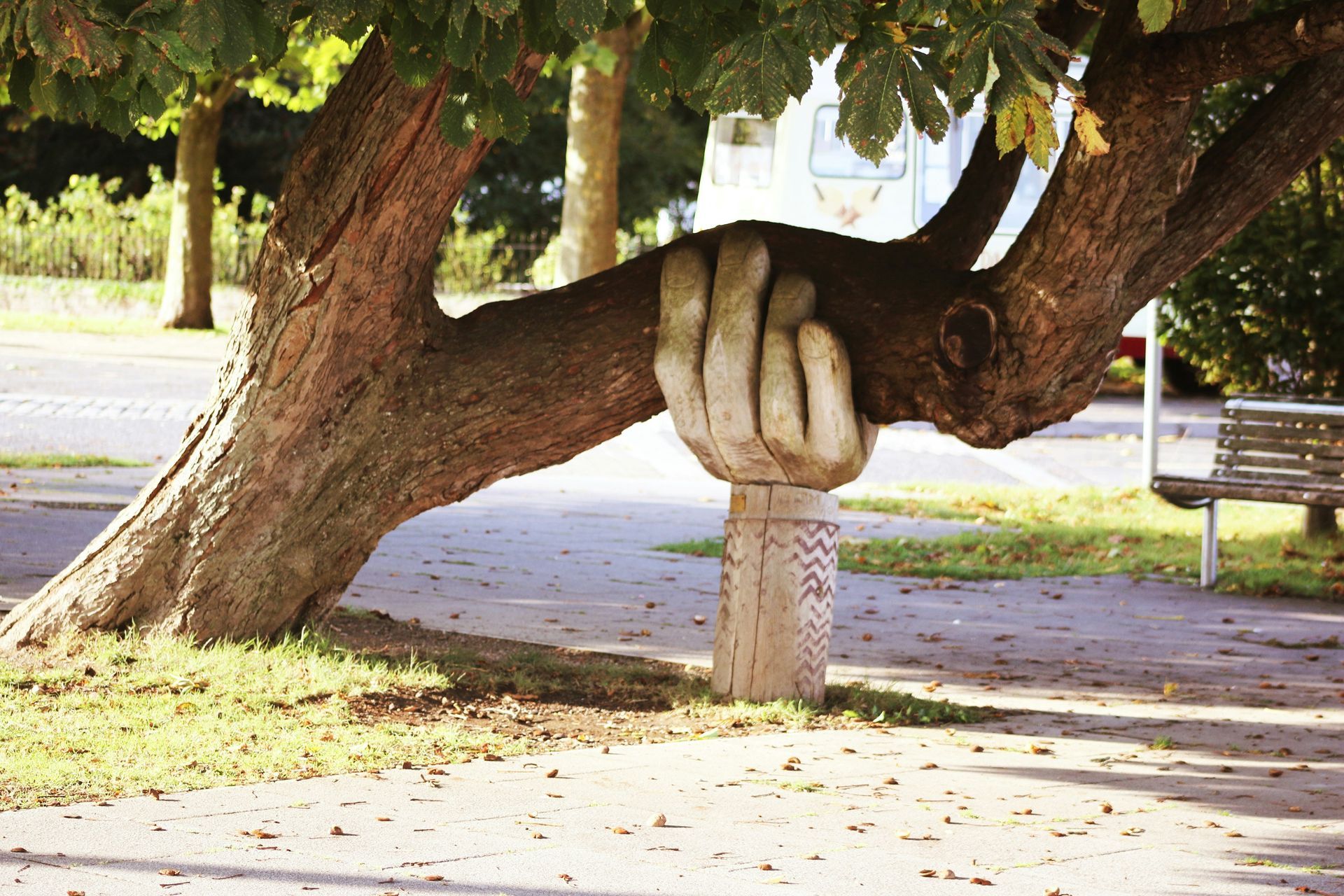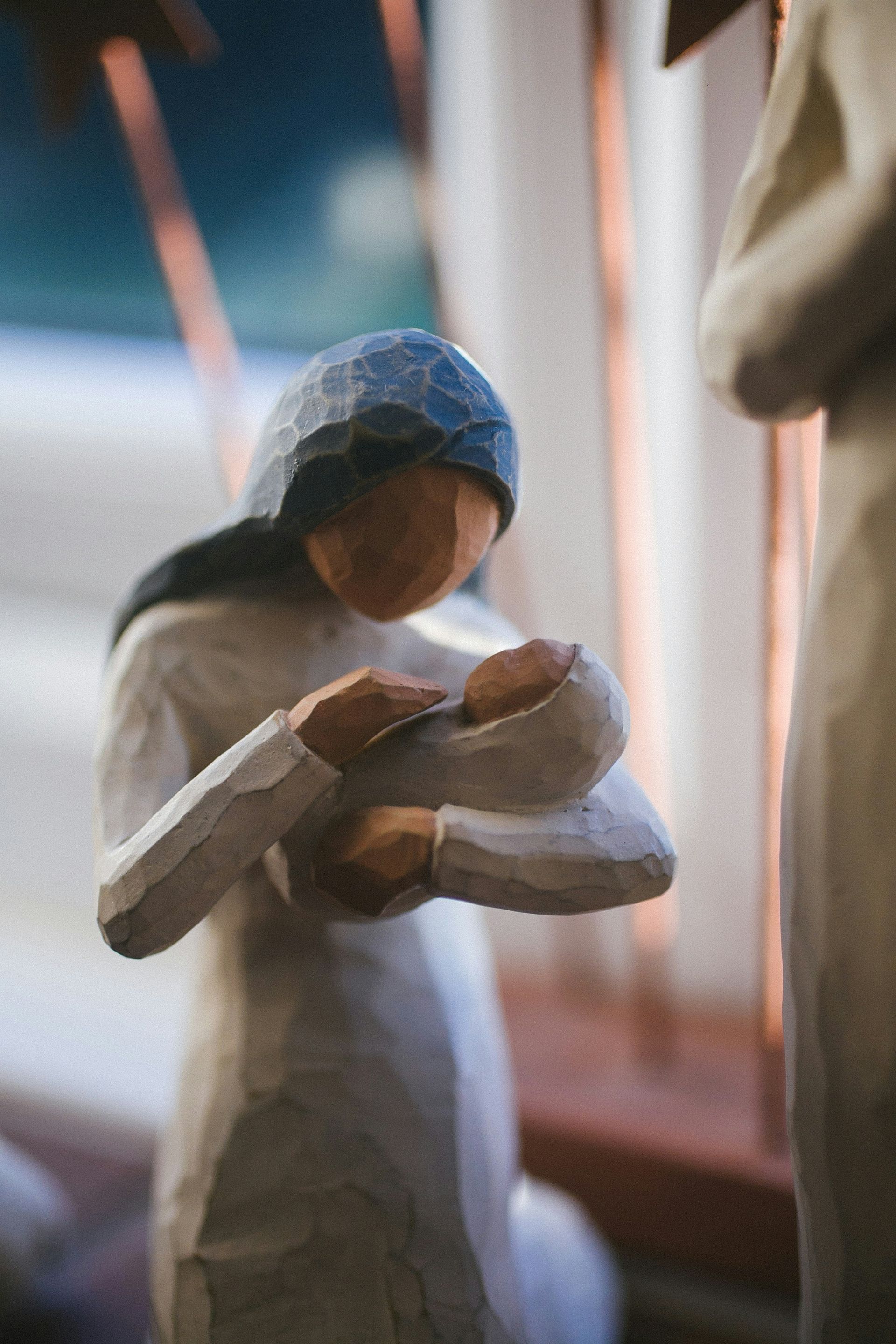Job Encounters the Whirlwind

JOB ENCOUNTERS THE WHIRLWIND
By John Santosuosso
Then the Lord answered Job out of the whirlwind.
Who is this that darkens counsel by words without knowledge?
Gird up your loins like a man.
I will question you, and you shall declare to me.
Where were you when I laid the foundation of the earth?
Tell me if you have understanding.
Who determined its measurements--surely you know!
Job 38:1-5
In the end, Job is everyone. The path seems good, the path seems clear. Surely we will prosper! Then it happens. Our world comes crashing down. Everything seems lost. Everything is crushed. Everything is broken. We wonder if we have the strength to go on. We cry out, "Why me, O Lord?" In the silence the only answer we receive is, "Why not you?"
Our minds begin to wonder. Like Job, we declare to our God, "What did I do to deserve this?" Again, there is that silence, then the reply. "Nothing!" "What sort of God are you?," we retort. "Why do you let good people suffer? Are you playing dice with me, to see how much I can stand?
Perhaps you are such a weak being you cannot stop evil and suffering even if you wanted to do so!"
Thus, a legion of atheists is born. Why worship a god such as this? Can we sing the praises of this god, or like the ancient Hebrews, should we sit down by the rivers of Babylon and weep for our loss (Psalm137) . The light has gone out, and we have not yet learned how to walk in the dark.
Our minds search for some sort of explanation when tragedy comes. Maybe we brought this on ourselves! Well, sometimes that is true. Abuse your body you pay the price. Abuse your earth, your island home, you pay the price. Play stupid games, you win stupid prizes. However, in the end this answer is no answer at all. Thousands of people die in a tsunami. A baby is born with brain damage. An innocent animal suffers and dies. We cry out for justice, but there is none.
Perhaps we can find a way out by declaring, "But don't people sometimes grow through suffering?" Some do. Many do not. Recently in the Netherlands a physically-healthy young woman underwent legal euthanasia because her depression had become so painful that death had become preferable to life. Her doctors had already declared there was nothing more they could do for her.
So why do good people suffer? Why does evil sometimes rule the day? The answer is we simply do not know. The disturbing answer really is we not only do not know, we are not capable of knowing. It should come as no surprise that the response of many is atheism. For others it may be even more drastic. But perhaps you may hear a voice in the midst of the whirlwind. It is more of an "in spite of" reply than a "because of" one.
The voice calls to you to take on a challenge. Can you take the walk of faith? This is not an everyday "walk in the sunshine" sort of faith. Rather it is a walk in ambiguity. One wise Episcopal priest has said sometimes we just sort of have to let things happen and go where they are willed to go. We may be called to walk in the dark for a long time. If light does appear, walk toward it no matter how dimly it glows. Remember that in the midst of our pain and doubt we can recall the "walk" that even our Lord had to make, as he cried out, "My God, my God, why have you forsaken me?" (Mark 33:34).
There is another step we can take that may help turn back the darkness. In his classic "Man's Search for Meaning," the Austrian Jewish psychiatrist Victor Frankl tells of his imprisonment in a Nazi concentration camp. He noticed that despite the horrors of the camp some managed to survive. Without exception they shared a common trait. While in the midst of that hell, they had still managed to find something that gave their lives meaning.
If we are going to learn to walk in the dark we need to find something that gives our lives a sense of purpose. If you do not have any other place to look for one, try Matthew 25:35-36, but there are plenty of others to explore.
In the end Job never does receive an answer to his loss and suffering (Job 38-39). But he has the courage to take that walk in ambiguity and to declare that his vindicator lives and stands on his side. He will see God. (Job 19:24-27) Our vindicator lives. He is on our side. The darkness shall be shattered. We shall see God. In the meantime walk in ambiguity. Although you may not sense it, someone is walking with you every step of the way.
Note: When reading Job it is best to ignore Job 1:1-12 and Job 42:7-17. These verses are the work of a later editor. He seems to have been troubled by the original work and tried to "fix" it. The book is fiction, typical of Hebrew Wisdom Literature. In its present form, it probably dates to the third century BC. We do not know the author.










